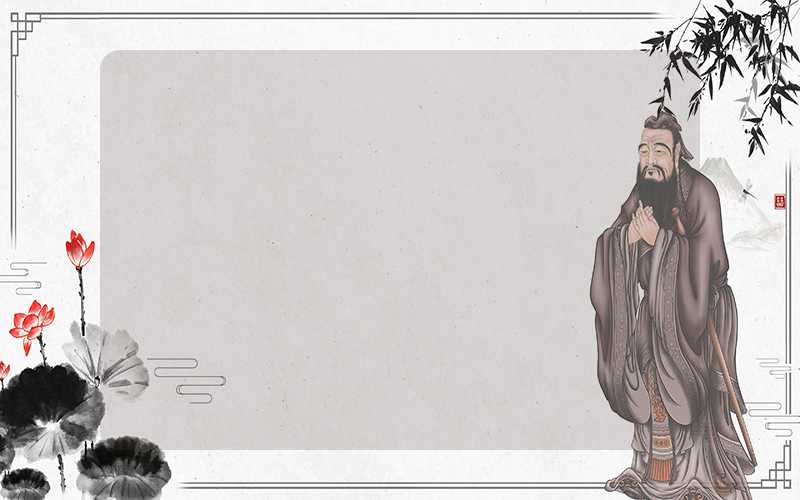H2:Introduction
The word "mythos" refers to the traditional stories and beliefs of a culture or community. In ancient Greece, mythology played a significant role in shaping the values, beliefs, and practices of the society. The myths were not only used to entertain but also to educate, to explain natural phenomena, and to provide moral teachings. This article aims to explore the importance of Greek mythos and how it influences modern-day culture.
H2:Mythical Creatures in Greek Mythology
Greek mythology is full of mythical creatures such as the Minotaur, Cyclops, Hydra, Sirens, and Centaurs. These creatures not only add a sense of wonder and awe to the stories but also have deep symbolic meanings. For instance, the Minotaur, a half-man, half-bull creature, represents the struggle between our human desires and animal instincts. Similarly, the Hydra, a multi-headed serpent, symbolizes the life's challenges that keep resurfacing. These creatures continue to inspire modern-day literature, pop culture, and art.
H2:The Olympian Gods and Goddesses
Greek mythology also includes a pantheon of gods and goddesses, who were believed to have powers over various aspects of human life, such as love, war, wisdom, and beauty. Each deity had a unique personality, appearance, and backstory. For instance, Zeus, the king of the gods, was known for his thunderbolt and had the power to control the weather. Similarly, Athena, the goddess of wisdom, was born from the head of Zeus, and was known for her intelligence, strategic skills, and courage. These deities continue to inspire contemporary religions and philosophical ideas.
H2:The Hero's Journey
Another significant aspect of Greek mythology is the hero's journey, which involves a hero going on a quest to find his or her destiny. The hero would face various obstacles and challenges, such as monsters, goddesses, and temptation, before returning home transformed and enlightened. This theme is seen in ancient Greek epics such as Homer's Odyssey and the Iliad, as well as in modern literature, movies, and TV shows. The Hero's Journey represents the human desire to explore and fulfill our potential.
H2:The Relevance of Mythos in Modern Culture
Greek mythos continues to influence modern-day culture in various ways. For instance, we see its impact in architecture, where buildings are inspired by Greek temples and columns. We see its influence in literature, where authors retell ancient myths in contemporary settings. We see its impact in movies and TV shows, where characters and storylines draw inspiration from Greek mythology. We also see its impact in the arts, where artists depict mythical creatures and gods in their works.
P:Conclusion
In conclusion, Greek mythos is a testament to the enduring power of storytelling and the human desire to make sense of the world around us. It continues to inspire and influence modern-day culture, reminding us of our shared humanity and the timeless lessons that we can learn from the past. Whether we are reading about mythical creatures, following the journey of a hero, or admiring the gods and goddesses, Greek mythology remains an essential part of our global heritage, reminding us of our common roots, and inspiring us to reach for the stars.











































